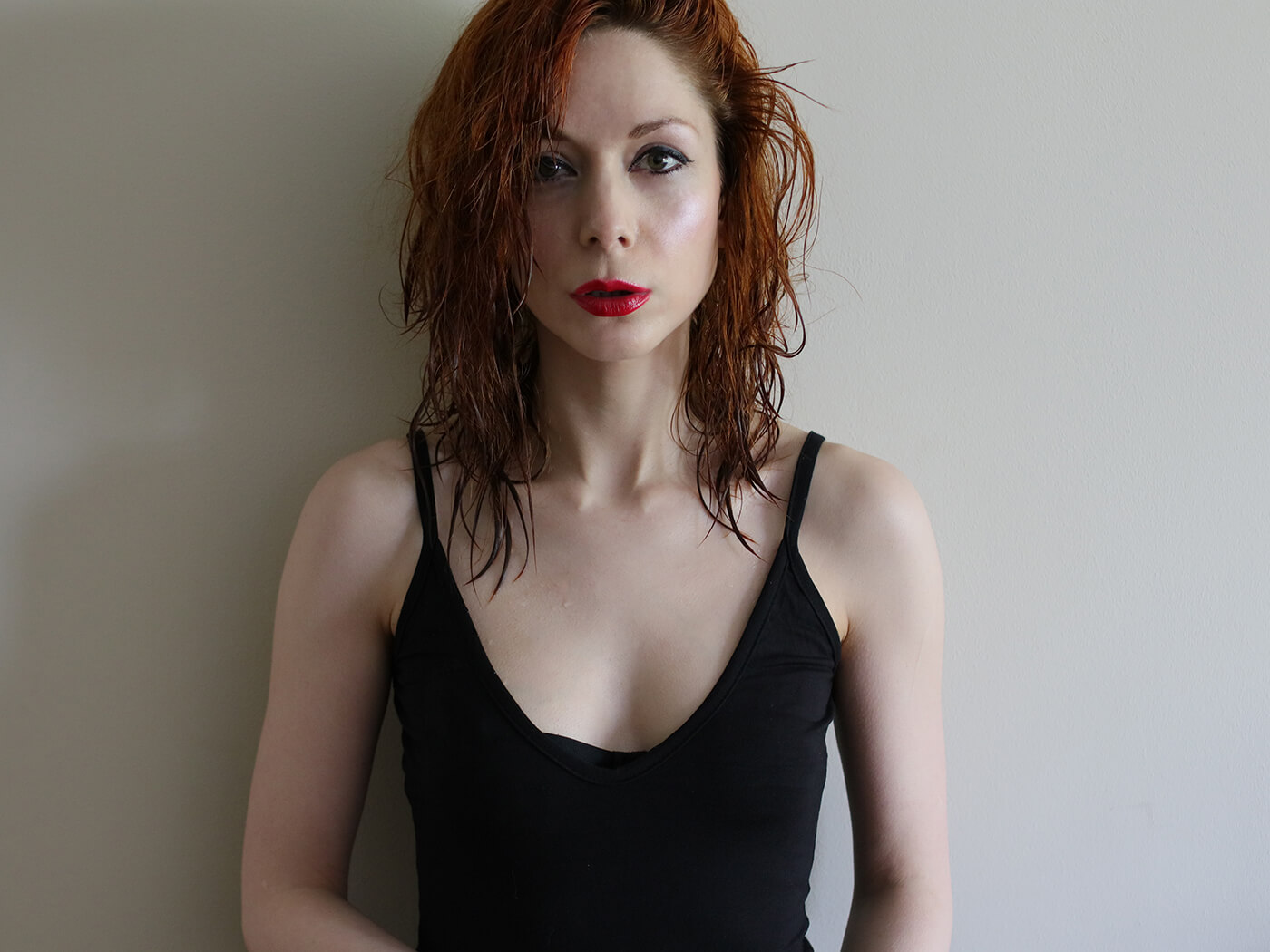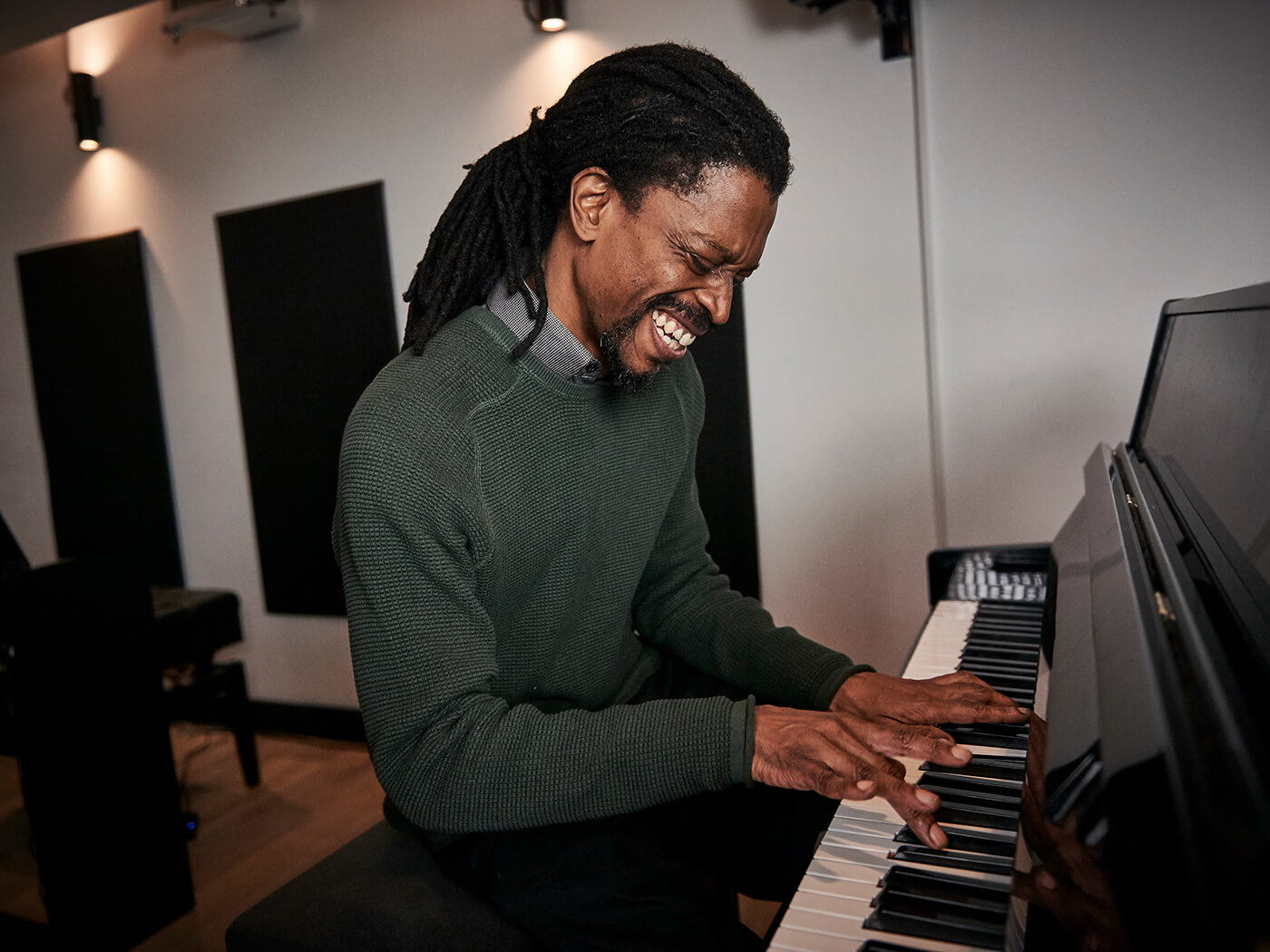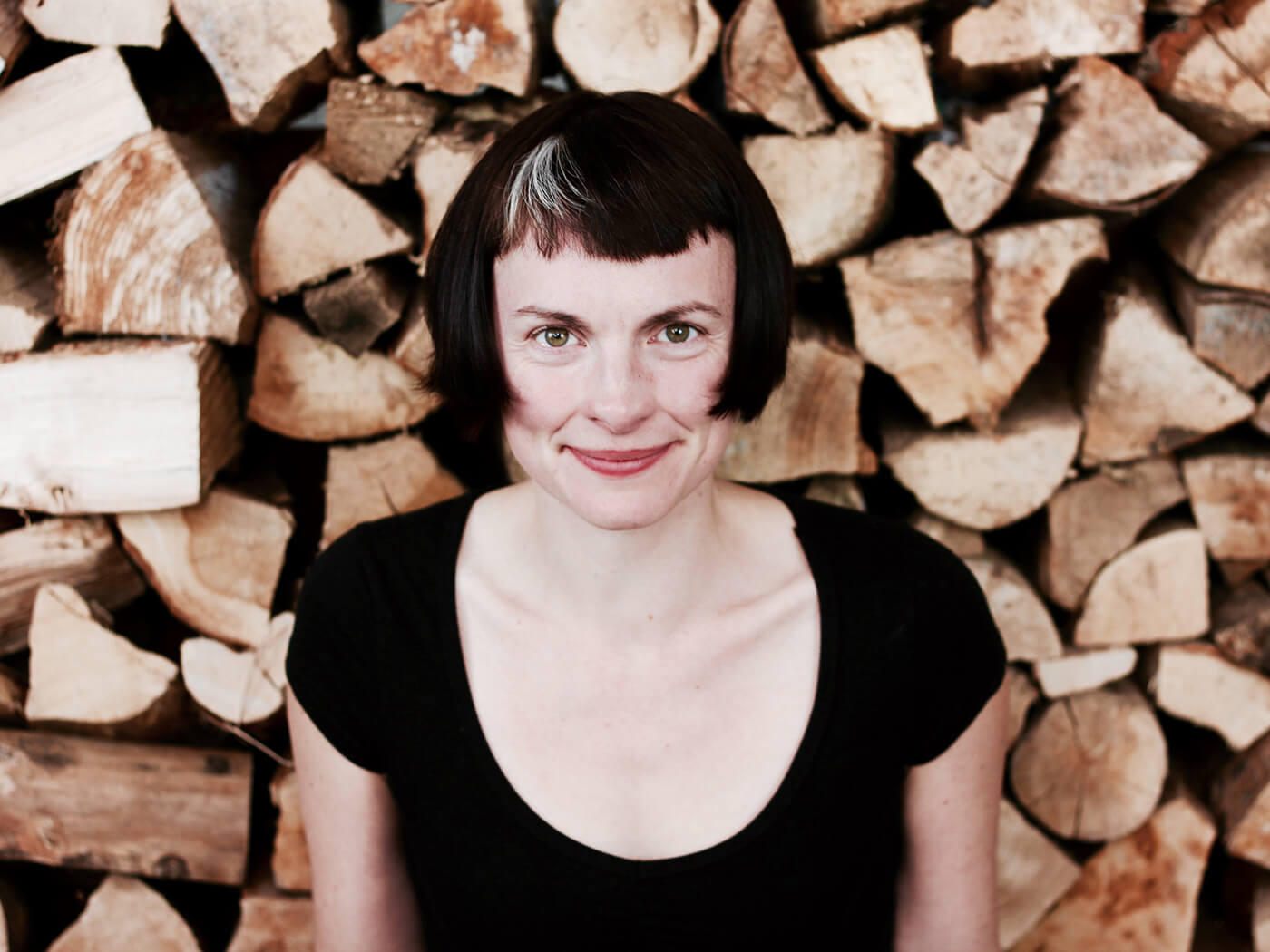How to write better songs with pro advice from Jez Ashurst, Bernard Butler and more
Though we can discuss the musical technicalities of songwriting in great detail, we’d be hard pressed to deliver the same level of insight that the following collection of people can offer. From academics such as Linton Bennett and Emma Hooper to acclaimed artist Catherine Davies and pro songwriters like Bernard Butler and Jez Ashurst, we present fresh perspectives on the world of modern songwriting from a range of experienced professionals.
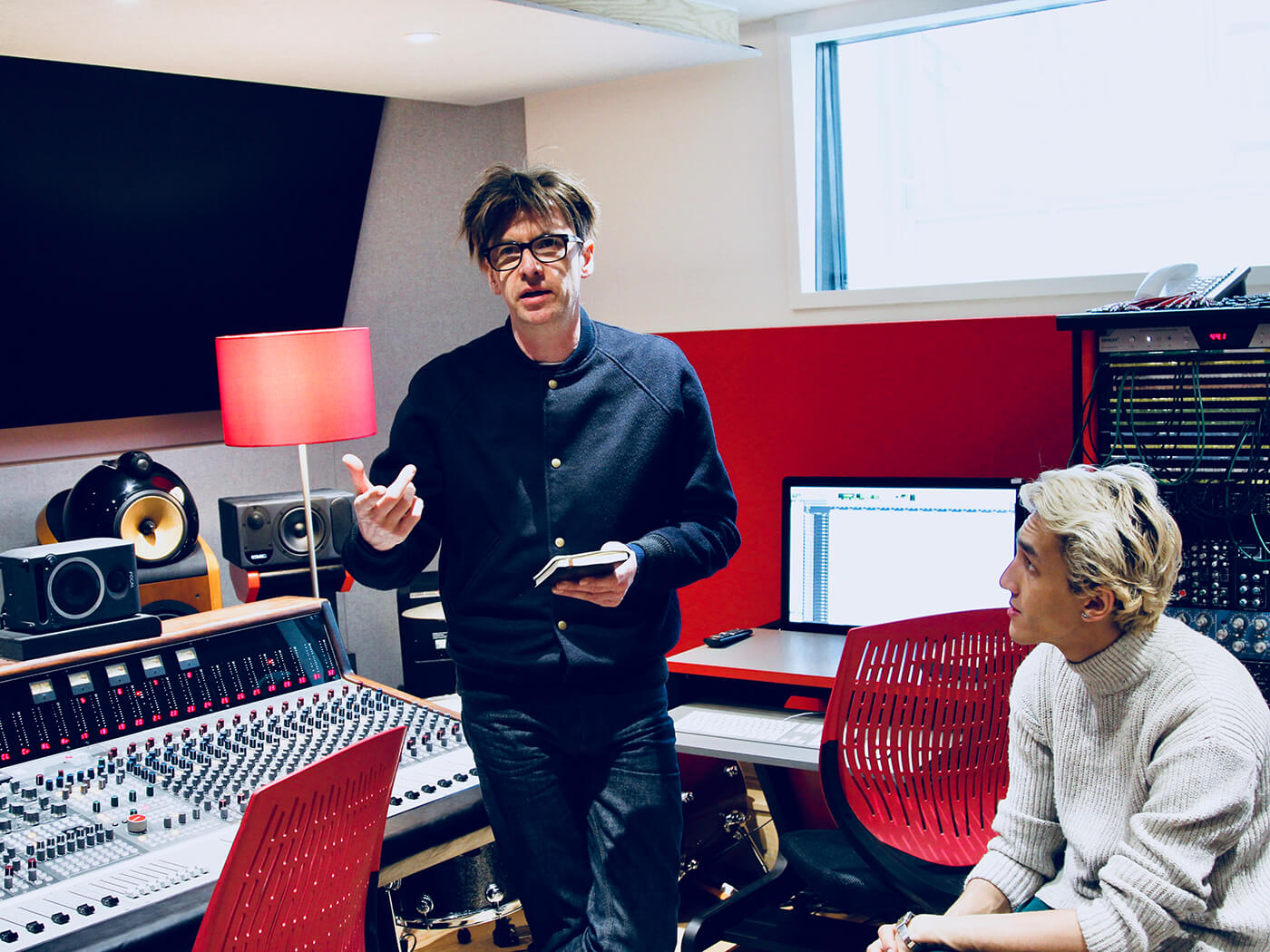
Image: Abbey Road Institute
Bernard Butler

Artist, producer and professional songwriter
The acclaimed guitarist is also a prolific songwriter and producer. Bernard is Songwriting Tutor at BIMM London and has recently conducted a masterclass at the Abbey Road Institute…
I think creating was always my interest and when I began to play the guitar (and before that, I had dabbled in piano and violin) it was my instinct to create my own music and I was very curious about the process and as soon as I began to notice the ‘brackets’ under song titles which we used to see on records and CDs, I realised that was where I needed to be. I also realised there was a reason why these names seemed to be more important than other band members and producers.
There are of course typical approaches to begin with, which usually lead you into an unknown path and from there, a great deal of mental strength comes into play – to know when you have a song, to be disciplined and self critical and most of all, to feel comfortable with what you have created. There are too many approaches to list, but it ultimately tends to depend on whether a collaboration is involved, I think, whether you are writing for yourself or to a theme – and technically how you are going about it, from sitting at a piano with paper and pen to staring at a laptop.
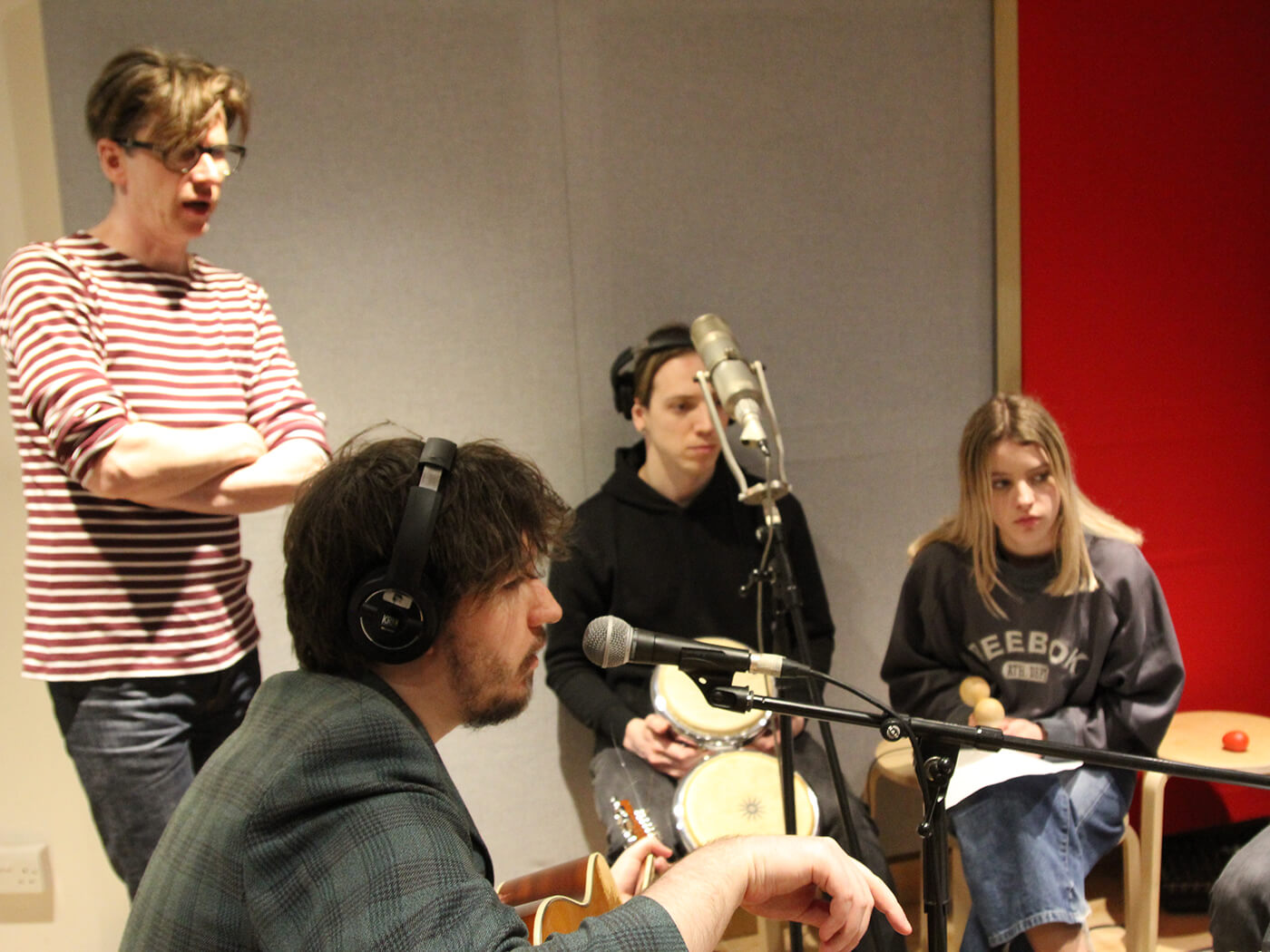
Second opinions
Collaboration can be extremely healthy and also very challenging. Rarely is it appropriate to sit and write words from scratch with 10 people. Often, having a personal starting point, a tune, half a lyric, unstructured and unfinished, maybe missing a chorus, can be a really useful starting point for a group of writers. Songwriters tend, in my experience, to be supportive and positive in that situation and are able to feed back on what works without destroying what doesn’t.
A great deal of all art comes from just finding a good mental space
Usually, a writer is sensitive enough to rip up their own work without taking grave offence. Lyrics can often be suggestive to another writer of different meanings and follow-on words. Structure can be very easy to see from a different perspective. Meter and key can be easy to change. All the easy mechanics of a song can be much more difficult to grasp for the original writer and much easier to workshop as a group. And all of this is very easy with quite raw elements. What takes months to notice when staring at a screen can be rejigged in minutes in a small supportive group.
Offering solutions
The cliched assumption many people have is that “you can’t teach someone to write a song”. Which entirely misses the point. There’s a perception that a songwriting degree is somehow lightweight or a pastime, yet no one ever asks the millions of English Lit graduates how their career as a novelist is coming along! What you can do in education is offer a set of solutions, a set of approaches and an environment where writers can see possibilities to realise their ideas.
It’s pretty much the way we can look at great records and understand how they came together. No-one has the desire to write a song without a prior idea and a healthy instinct to create in the first place. Plus, the magic involves faith and belief. A great deal of all art comes from just finding a good mental space.
The best advice I can give if you’re hitting a brick wall is to get up and go for a walk. Put down the instrument you are using and try one you are unfamiliar with. Speed-read a novel you have never looked at and think about the last conversation you had with a stranger. Think of what you have done that day, however menial. Then structure your thoughts like this:
- Write down exactly what happened
- Say how it made you feel
- Write about where that has left you.
In those three phrases, I just gave you the verse, the pre-chorus and the chorus. Voila.
The production process is tied to the writing process, particularly in modern pop of course, as producers are now often credited as writers and vice versa. Essentially, for me, the song is still fundamentally words and music. Those elements define the song and are best established with raw elements before turning on the DAW. Having said that, the DAW is priceless for its simple editing tools – being able to snip structures, add sections and rearrange is so useful, right to the end.
My key advice to you is to write with as many people as you can, whoever they are and whatever that may lead to. You have the capacity to learn something from every human and every human situation you encounter and you can take all the good experiences and all the bad and put them into your next song.
Jez Ashurst
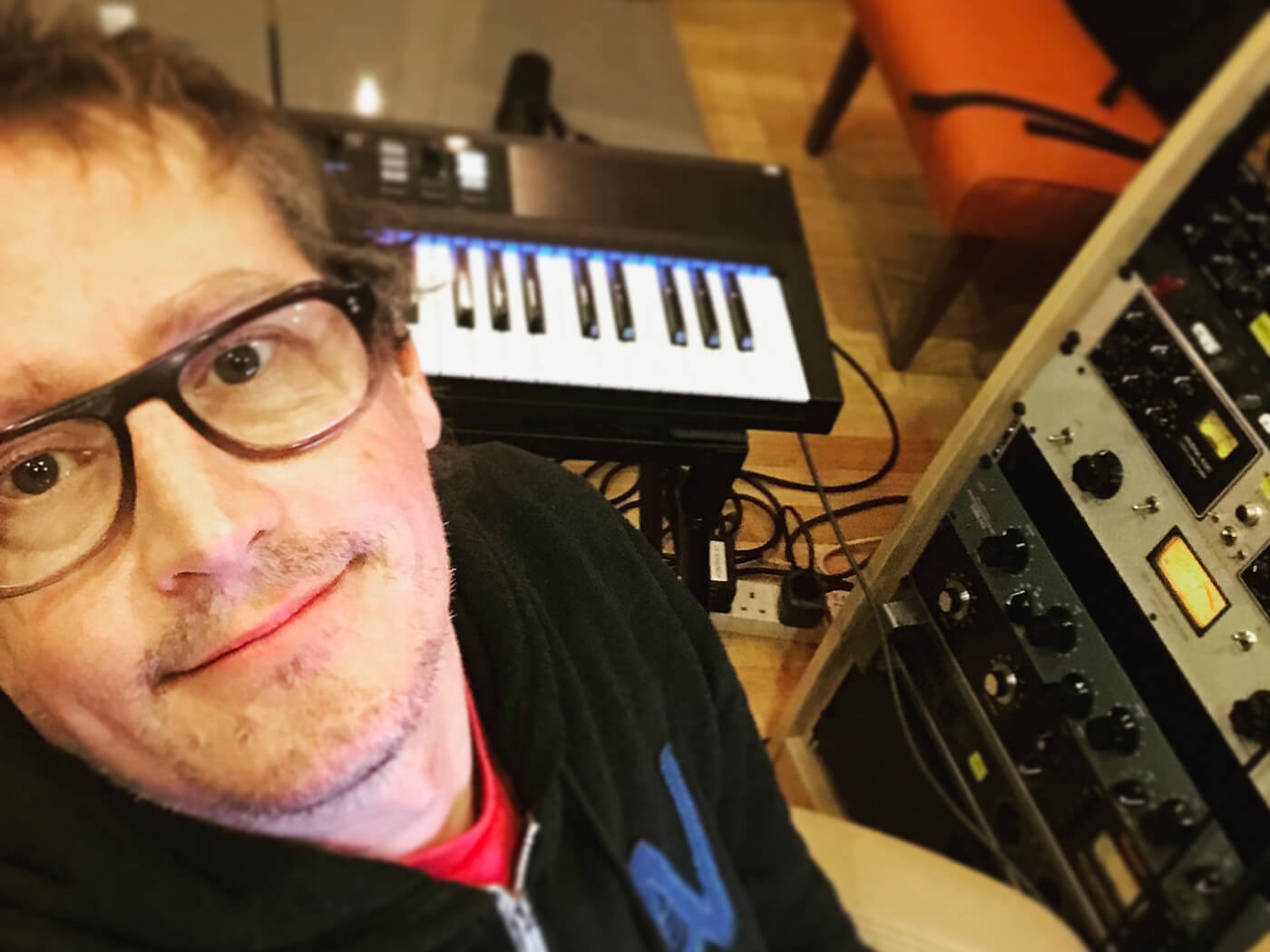
Professional songwriter
Jez Ashurst is a multi-instrumentalist songwriter who has worked with Tom Walker, Little Mix, One Republic and Westlife. He has lectured at Bath Spa University, LCCM, BIMM and Leeds College of Music. As well as being part of the music team behind the X Factor…
There are two different types of songwriting that I do. There’s writing with an artist, where my job becomes to help them amplify and express what they do and what they want to say. Then there’s writing songs that you pitch to somebody, so with that approach, I’m trying to build a memorable melody and a relatable concept that resonates with other people..
I’d say generally, the starting point of professional songwriting for me is having a long conversation with the artist. Find out what’s going on in people’s lives and what shared experiences you have.
I used to bring in quarter-written song ideas, a chord sequence, perhaps. I know songwriters who start with a beat. But I might have an interesting sound on a synth that I just play in the background and see if anyone picks up on it. What I’m trying to do is get the lay of the land and figure out when the best time to start making music is.
Songwriting is like a muscle that you need to keep flexing. Plough on through the terrible songs with the perseverance to write a good song
Sometimes, it’s like the third idea of the day that everyone gets behind. Sometimes, it’s the fourth idea and sometimes, it’s none of them. You can’t force people to get involved, you’ve got to create something that’s intriguing enough or someone has a concept or a title or a lyric that people are getting excited about.
One thing I’ve found is that the really special songs come quite quickly, they might need a bit of fixing later on. But once the ball starts rolling, it tends to come together. To write something that’s just a little bit special is something we’re all trying to do. It’s great to see an artist onstage performing it when you’ve helped deliver it.
The less-successful songwriting days I think you should still see as valuable, they’re almost like ‘practice’ days. If you write 100 songs, I’d say 95 won’t be special. But you have to just keep writing. Some days, I struggle to write even a mediocre song.
Don’t settle for ideas that don’t excite you, keep digging and there’s probably something better waiting to be written. People often say get the first song out of the way and then write the second song for fun, writing the second song is then a little bit easier. It is nerve-wracking if you’ve never met an artist before and you’ve got to create something, that’s kind of a strange job. Everyone feels that pressure to get on with it. But my favourite songs that I’ve co-written are those that I haven’t rushed.
Shed the influences
If you’re hitting a creative dead end, then here’s how to get through it. First of all – don’t worry if it sounds too much like something else, that’s how you learn. Finding your own sound is a slow process of shedding those influences. Secondly, try and switch the editor off when you’re writing – that awful voice that says ‘this is rubbish’ as soon as you start strumming a chord. Keep the fun aspect going and then go in later and try to mend the stuff that doesn’t quite work, but enjoy the initial writing process. Be hard on yourself after the fact and accept the fact that you need to rework certain sections.
I remember both Ed Sheeran and Carole King saying variations of the following piece of advice, it’s very important: you need to write about 500 songs before you get some good ones. Increase the number of songs you’re writing. Try and write a song a day, three songs a week at least – even if they’re not great. Go through that exercise and you’ll get to the good stuff a lot quicker.
There’s no shortcuts. Songwriting is like a muscle that you need to keep flexing. Plough on through the terrible songs with the perseverance to write a good song.
Catherine Anne Davies (aka The Anchoress)
Artist and songwriter
Songwriter, vocalist, producer and academic Catherine Anne Davies performs under the name of The Anchoress. Her first record Confessions Of A Romance Novelist was one of The Guardian’s Albums Of The Year and was nominated for the Welsh Music Prize.
When writing, I usually start with a song title or a strong lyrical concept, because I always think you have to be clear about what you want to say in a song. Musically speaking, I’m always collecting small motifs on my iPhone and sometimes these will provide a song foundation, or I’ll be led by a core hook around a lyrical motif. I also do a lot of writing while I’m walking and melodies often come into my head against background rhythms. I guess you could say my methods are varied and I don’t have one set way of working – which is a way of avoiding writer’s block!
Make it a weekly practice and don’t get stuck on something because you think something isn’t good enough
Go low tech
I’m always recording my ideas using voice memos and the Abbey Road Topline App if I’m on the move and want to sketch out an idea before I forget it. I also on occasion write and record straight into Pro Tools and will work up an instrumental track and work the lyric over that. Sometimes, I still go ‘low tech’ and have a notebook and pen by the piano, but I still always keep my voice memos recording so I don’t lose out on any magic, accidental moments. I also really like the Moog DFAM for a quick, instinctual way to write to a rhythm track. My Yamaha Refaces are also invaluable for writing on the road or tour bus, as they are incredibly portable and battery powered. I don’t know where I’d be without them.
If you want to be a songwriter, then the trick is to just write as much as you can. Make it a weekly practice and don’t get stuck on something because you think something isn’t good enough – songs are there to be edited and reworked. I always focus on finding unusual chords to go to next and not just languishing on what the ear is comfortable with.
Linton Bennett
Point Blank songwriting tutor
Linton Bennett has worked as a composer, producer and writer for artists including All Saints, Jamelia, Boyz II Men, Gary Moore and Imogen Heap. He currently teaches the Songwriting course at Point Blank
I can’t stress enough the importance of exploration and experimentation at the development and advanced stages of songwriting. Refining your process, your uniqueness, workflow and musical strengths is achieved by immersing in all music and is critical for self preservation and motivation. This, I found at the early stages of my development, helps shape musical ambidexterity.
An important core principle of songwriting is simply to just ‘go primal’ and just make noise, enjoy it and most importantly embrace what noise you make. Your early song attempts are in some ways your primal scream. There’s gold in there, you just have to learn to find where.
All songwriters – and I can speak from 28 years’ experience – will go through what renowned composer Aaron Copland described as the “three planes of listening” and analysing music as they evolve. The learning curve as a songwriter can be brutal and often leaves your best efforts ignored or sneered at by your peers.
Through my own personal experience as a songwriter, I found it pretty traumatic when fellow musicians were pointing out flaws in my songs, I had no idea that there were issues with songs which sounded great to me at the time of writing. When sharing with an audience, we have to be aware as songwriters that our efforts will be translated by the listener – who has heard countless versions of songs similar to your creation and can form a relatively solid criticism based on that knowledge, but seldom the musical theory behind it.
This is why learning music theory sits highest on the core principle chart and will most certainly come to the fore in your career in songwriting. As a songwriter, you should be well versed in how to express emotively through an instrument using theory and feel. And this includes your voice. Unfortunately, for some, theory lessons can feel unnatural, uncreative and obstructive to their existing process but this couldn’t be further away from the truth.
Making templates of hit structure and arrangement then applying your parts will help you concentrate on the content
Being able to constructively listen to, deconstruct and analyse music is paramount in understanding why hit records are just that. It gives you a much more expanded overview of your audiences’ expectation and musically what’s in vogue. A career in songwriting also means a shift every now and then out of your comfort zone. Just look at Madonna or Bowie, or if a young vocalist walks through your door wanting to go folk or pop or a genre you’ve never heard of. Keeping an ear to the ground as to how your audience are evolving and being able to morph from one technique to another with accuracy is key to staying ahead and implementing new energy to the field. It’s also what every publisher is looking for in a songwriter.
Smoke and mirrors
My first piece of advice: ‘Know your skill level.’ Bravado is commendable, but seldom creates a great song or studio session. Set your goals high, be patient and work to your skills while you gradually learn along the way.
‘Nobody can predict a hit record’ was once the saying among working musicians in the field. This is fast becoming a myth, as platforms like Shazam are already predicting chart placements with alarming accuracy. The industry for the songwriter has become increasingly stretched as the ideas, tricks and writing strategies are in such abundance and mirror each other so closely that the audience are being made very aware of the same smoke-and-mirrors tricks used by modern-pop songwriters.
Whether you’re aiming for the commercial market as a songwriter or not. My second key piece of advice is to remember that radio is still your biggest distributor. Regardless of whether you’re Adele, Pharrell or Aphex Twin, the level playing field of the three-minutes-and-30-seconds radio edit is the golden rule. Learn to discipline your songwriting to this format. Making templates of hit structure and arrangement then applying your parts will help you concentrate on the content.
Thirdly, don’t expect the work is going to come to you. Once you start a career in songwriting, the most important thing to remember is that you are self-employed. It is a job and you’re suggesting you’re the best candidate, so go find the business. There are so many networking events for musicians, Notting Hill Music network being one, that selling your skills isn’t as daunting as you might think. In light of this, choose your projects carefully. One of the hardest words to say in the interim stages is ‘no’. Before committing, find what it is you can bring to the table.
Lastly, as a career move, I’d advise you to speak to publishers. If you have a studio and can record, offer your services for free and ask if you can collaborate with their songwriting roster.
Regarding the educational route – and if, like me, you’ve managed to fill your boots while in the industry – my simplest advice is: ‘know your subject.’ You’ll be asked the same question 100 different ways, all needing the answer to be tailor-made for their song. I must admit, this energises me in the classroom. The crux of this being: be approachable and well versed in the subject. Also understanding and having an appreciation for all genres with a solution or compromise to everything is an absolute must.
Emma Hooper
Senior lecturer in commercial music
An academic and author who works as a senior lecturer in commercial music at Bath Spa University, Emma has written extensively about music-making and the creative process and performs regularly with her band Waitress For The Bees.
I’d always made up songs (I think most kids do), but never thought of it in a ‘what I want to do when I grow up’ sense. What I did want to do was a) something creative and b) something that didn’t require me to have to wear a uniform or business clothes for. Music and academia ticked those boxes nicely.
My career as a music academic followed on pretty naturally from my BA-MA-PhD path, especially since I paid for much of all those tuition fees by playing gigs and teaching music lessons, but I did think for a while that I’d end up in the English department, not music and, actually, I did teach in Creative Writing for a while. However, like I say, my professional performing life and academic interests were shifting more and more in the musical direction, so that’s where I finally landed. And, really, Creative Writing (words) and Songwriting (music) aren’t all that different.
The ideas that seem the craziest are [the] best [songs], the ones that stand out and that’s a pretty important thing in this business
The standard question with songwriting is always: ‘What first? Words or music?’ But that’s a bit simplistic, since it breaks down to so many more micro-components than just those two. And, given that, I believe there are just as many approaches and techniques that different songwriters use. That said, for myself, I do tend to come up with a general theme first (conceptual, not musical), then a general musical hook, then polish both down into specifics, both in terms of music and lyrics. I write on viola, though. Writing on, say, a synthesiser is another story…
I think the biggest challenge with educating young songwriters is getting students to trust themselves and not try to tame their wildest ideas. Most of the time, the ideas that seem the craziest are their best ones, the ones that stand out and that’s a pretty important thing in this business. If your song sounds like it could have been written by anyone, well, then it could have, and your role is kind of pointless.
If you’re facing a creative block, then here’s a handy tip. Take a book off the shelf. Any book. Open it to a random page. The first line is the first line of your new song.
My advice for anyone looking to have a career in this industry is to trust your voice, as in your personal style – and for getting into music education: keep making music yourself. You’ll teach the best and be most appealing to the job market if you’re actively doing it yourself.
Want to know more about the core principles of songwriting? Check here. And for more essential guides, look this way.
